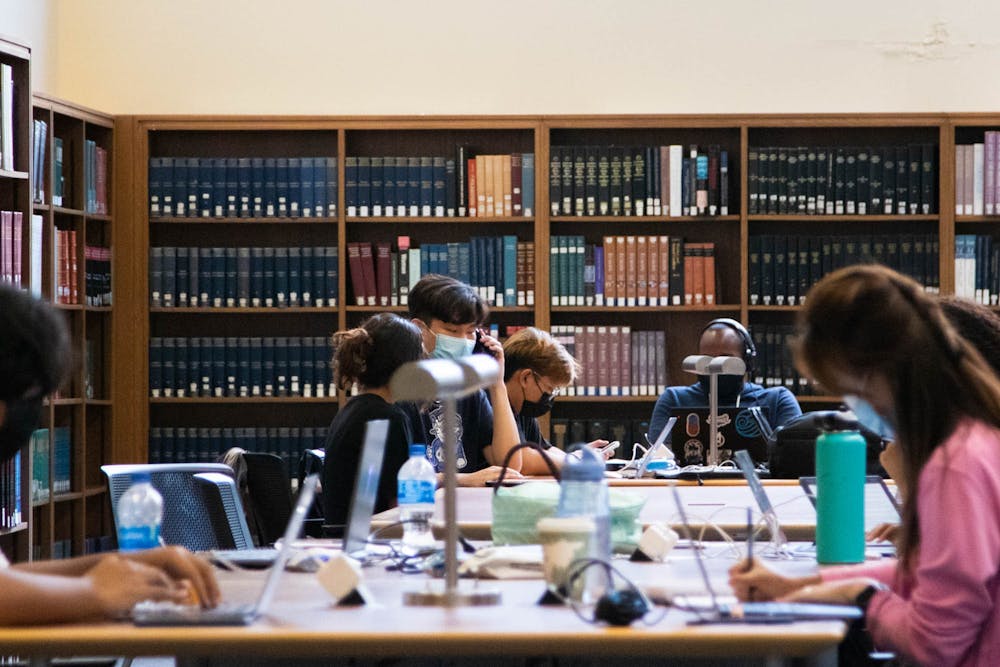University Libraries announced this week it is facing a significant budget cut, with a loss of $2 million this fiscal year and $3 million the next. To mitigate this, librarians plan to reduce the purchase of books and multimedia items and cancel certain subscription journals, packages and databases.
University Librarian Elaine Westbrooks said the budget cut stems from three major problems:
- Journals and databases inflate their prices yearly — a problem that has existed for decades across higher education. This cost has become nearly impossible for libraries to sustain.
- The cost of buying journal access is becoming exorbitant. And for many years in the past, UNC has signed NDA clauses with journal providers, making librarians unable to legally discuss journal costs with other universities. This in turn discouraged public negotiations and allowed journals publishers to create their own terms with each university.
- UNC made budget cuts across all departments, and the library system was simply a part of that.
However, it's easy to compare the $5 million library budget cut to the $2.5 million settlement UNC was prepared to offer to the Sons of Confederate Veterans over the Silent Sam monument or the cushy salaries of sports coaches and vice chancellors.
Westbrooks made it clear that University Libraries is committed to continue offering resources to students and faculty across campus. However, research done at UNC should be available globally, and it not being so is a disservice to taxpayers and the community at Chapel Hill. Investments must be made into open science, open data and open access, which is an issue that affects all of higher education.
“UNC’s endowments made one of the biggest record profits this year, and we are cutting $5 million from one of the basic tools we need as a University,” Carlos Patino Descovich, a doctoral candidate in the Department of Cell Biology and Physiology, said.
He also said the decrease in resource availability will drive students to get literature or articles through illegal, alternative sources — letting the University off the hook and putting fault on people attempting to access resources.
Ellie Campbell, a reference librarian and clinical associate professor in the School of Law, works to support student and faculty research. She said UNC is an important place for the state, region and country, but she doesn’t know how it can continue to be such without robustly supporting the library.
“UNC library will be able to get things for people that they need, but it’ll be more difficult, not through the same services, and take more time," she said. "It’s going to make things harder for people than they have been in the past.”




